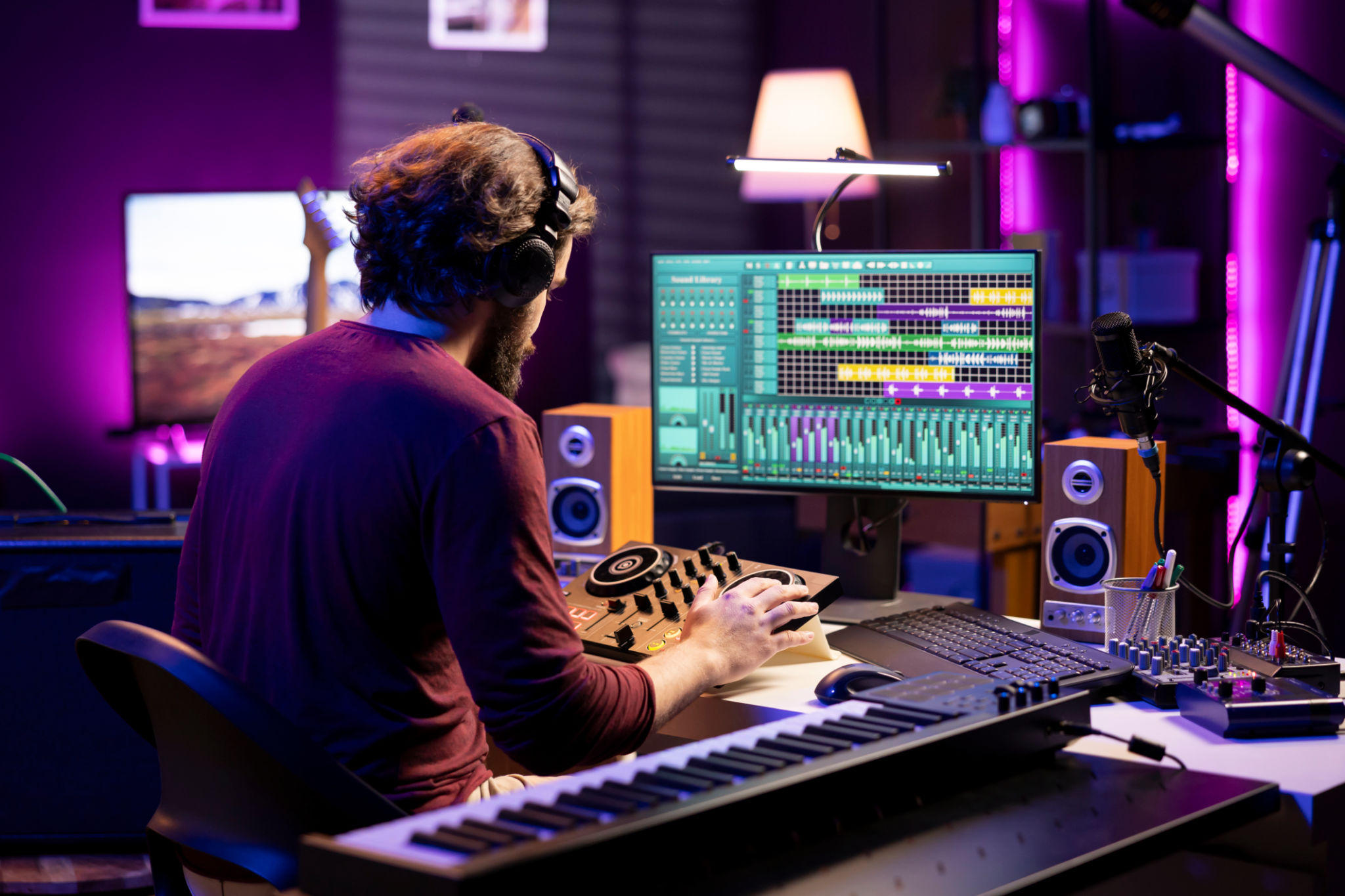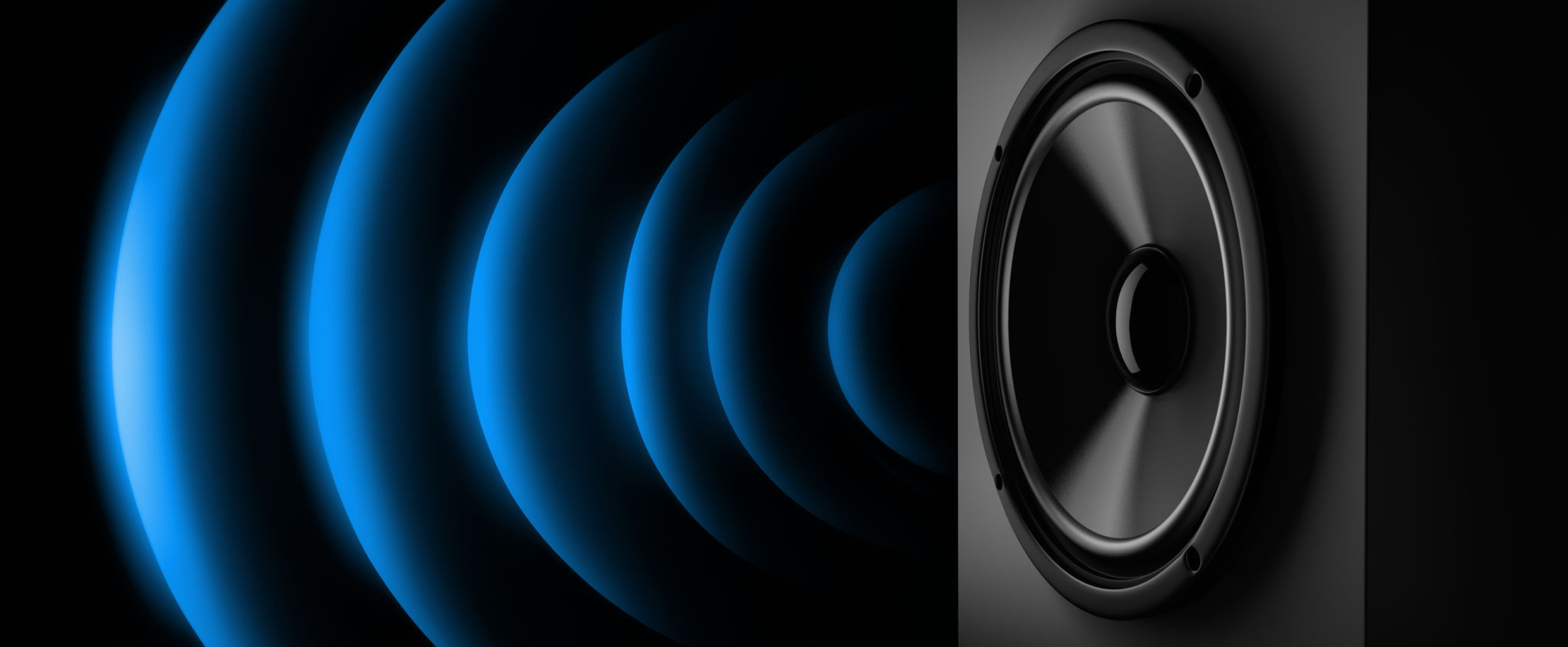Exploring the Latest Trends in Audio Mastering Technology
The Evolution of Audio Mastering
In recent years, the world of audio mastering has witnessed significant advancements, driven by rapid technological development. These changes have revolutionized how music producers and audio engineers approach mastering, leading to higher quality sound and more efficient workflows. From sophisticated software tools to innovative hardware solutions, the latest trends in audio mastering technology are shaping the future of the music industry.
One of the most notable trends is the rise of artificial intelligence (AI) in mastering processes. AI-powered tools can analyze audio tracks and make real-time adjustments to improve sound quality. This technology is particularly beneficial for independent musicians and producers who may not have access to professional mastering engineers.

Cloud-Based Mastering Services
Cloud-based mastering services are becoming increasingly popular due to their convenience and accessibility. These platforms allow users to upload their tracks, apply mastering effects, and download the final product without needing physical equipment. The ability to access powerful mastering tools from anywhere in the world is a game-changer for many artists.
Furthermore, cloud-based solutions often come with collaboration features, enabling multiple users to work on a project simultaneously. This can lead to more creative outcomes and faster project completion times.

High-Resolution Audio Formats
As consumer demand for high-quality audio grows, mastering engineers are focusing on high-resolution audio formats. These formats offer greater detail and clarity, providing listeners with an immersive experience. Formats like FLAC and MQA are gaining traction, allowing audiophiles to enjoy music as it was intended by the artist.
The shift towards high-resolution audio is also influencing streaming services, which are beginning to offer these formats as part of their premium packages. This trend highlights the importance of mastering techniques that can optimize audio for various playback systems.

Virtual Reality and 3D Audio
Virtual reality (VR) and 3D audio technologies are opening new possibilities in the realm of audio mastering. These technologies create spatial audio experiences, where sounds seem to come from different directions and distances, enhancing realism in immersive environments. Mastering engineers are experimenting with these tools to produce audio that complements VR content perfectly.
The integration of 3D audio in gaming, films, and live performances is pushing boundaries and demanding new standards for audio quality. As a result, mastering techniques are evolving to accommodate these innovative formats.

The Role of Analog Gear
Despite the digital revolution, analog gear continues to play a vital role in audio mastering. Many engineers appreciate the warmth and character that analog equipment imparts to a recording. As a result, hybrid setups that combine digital precision with analog warmth are becoming more prevalent.
These setups offer the best of both worlds, allowing for precise control over the mastering process while preserving the unique qualities that only analog gear can provide.
